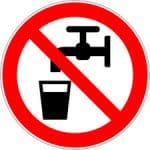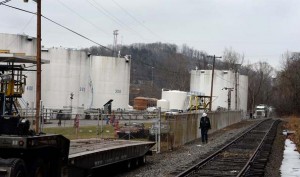When the pressure is high and response time is short, a well-structured emergency response plan (ERP) becomes the foundation of an effective, coordinated action plan. It ensures everyone involved understands their role, knows how to communicate, and has access to the resources they need to restore service quickly and safely.
To build that kind of clarity and coordination, you need to start with the fundamentals.
ERPs: Who, What, Where, When, and Why
When we talk about planning for emergencies, it helps to go back to the basics. Every effective ERP should clearly address the who, what, where, when, and why—not just in theory, but in practice.
- Who: All those essential to coordinated response, including utility staff, emergency responders, regulators, and local officials;
- What: Identifies threats and outlines specific emergency response procedures, such as floods, contamination, or system failures;
- Where: Training and drills can occur onsite, virtually, or in classrooms; the EPA also offers tools and templates online;
- When: Activated during any threat; must be reviewed regularly and recertified every 5 years; and
- Why: To protect public health, ensure service continuity, and meet regulatory requirements.
A well-balanced and robust ERP also goes beyond these basics and typically includes, but is not limited to, the following:
- Utility and personnel information;
- Communication strategies for notifying the public and stakeholders;
- Contingency plans for alternative water sources;
- Distribution and service continuity procedures; and
- Threat detection strategies and incident response protocols.
Together, these components ensure that when an emergency strikes, utilities can respond swiftly, effectively, and with confidence.
Time is of the Essence
Too often, ERPs are treated as static documents and are only revisited when either required by a regulation or after an incident. However, emergencies rarely occur during convenient moments of downtime, or in line with regulatory deadlines. Given the unpredictable nature of emergencies, ERPs need to be living documents that not only evolve with a team, but with infrastructure and the threats an organization or industry faces.
In fact, the United States Environmental Protection Agency (EPA) agrees. Under the America’s Water Infrastructure Act of 2018 (AWA), all public water suppliers that serve populations of more than 3,300 are required by the EPA to not only develop an ERP, but also to complete a Risk and Resilience Assessment (RRA) — and both the ERP and RRA must be updated every five years at a minimum. Because initial assessments were conducted about five years ago, utilities serving populations over 3,300 are due to update their RRAs and ERPs by the following dates:
- Over 100,000 population: RRA certification was due March 31, 2025, and ERP certification is due September 30, 2025.
- 50,000–99,999 population: RRA certification is due December 31, 2025, and ERP certification is due June 30, 2026.
- 3,301–49,999 population: RRA certification is due June 30, 2026, and ERP certification is due December 31, 2026.
If your utility’s RRA or ERP hasn’t been updated or has yet to be tested through training or drills, we strongly suggest scheduling your review now in order to meet the above deadlines.
What You Need and What That Involves
When it comes to developing or updating an ERP, it requires a methodical approach. While each utility is unique, there are several core components that need to be addressed to ensure a level of preparedness that is fit for a wide variety of emergency scenarios.
To start, there must be a thorough inventory of critical infrastructure. This includes treatment facilities, pump stations, and other essential assets. Each of these should be assessed for potential vulnerabilities and prioritized according to their impact on the operation. This first step is crucial in creating an ERP that ensures not only continuity of service, but minimizes downtime during emergencies and efficiently allocates the necessary resources to protect the water system’s most vital components.
 Next is communication planning. An effective ERP will outline how internal teams, external stakeholders, public officials, and the general public will be informed during an emergency. It will also account for any possible disruptions, such as power outages or internet disruptions, and identify communication tools, contact protocols, and responsibilities for the spokesperson that are needed to keep communication flowing.
Next is communication planning. An effective ERP will outline how internal teams, external stakeholders, public officials, and the general public will be informed during an emergency. It will also account for any possible disruptions, such as power outages or internet disruptions, and identify communication tools, contact protocols, and responsibilities for the spokesperson that are needed to keep communication flowing.
The communication planning then ties neatly into detailing clearly defined roles and responsibilities. Everyone on a utility’s team, from operators to administrative staff, should understand their responsibilities during different types of incidents. This includes identifying a chain of command, assigning alternates, and maintaining an up-to-date contact list.
Mutual aid agreements should also be reviewed and documented during the ERP-creation process. In many emergencies, collaboration with nearby utilities, contractors, or regional agencies can truly make all the difference between a short disruption and a prolonged service outage. These agreements outline shared resources, personnel, and equipment, and should be maintained as part of your ERP.
Training and exercises are just as essential. Tabletop drills, field exercises, and even partial walk-throughs can greatly help reinforce your team’s familiarity (and confidence) with procedures, identifying areas where the plan may fall short.
An often forgotten component to an ERP is cybersecurity. This aspect has become increasingly important as systems and customer data have moved over to digital platforms. ERPs must account for cyber threats just as seriously as they do physical ones. An ERP should include strategies for isolating affected systems, maintaining operations manually if deemed necessary, and engaging with external support if a breach occurs.
Finally, thorough documentation is key. An ERP should be easy to access in both digital and physical formats, clearly organized, and readily available to anyone who may need it during an emergency.
Facing the Pressure with Confidence
There is no question that today’s water systems are under pressure; however, adequate preparation can greatly affect the outcome. With a well-designed, robust, and up-to-date ERP in place, utilities are equipped to protect public health, minimize service disruptions, and recover quickly from emergencies.
At Tata & Howard, we specialize in helping utilities develop and refine ERPs that go beyond compliance. Our team brings practical insight, regulatory knowledge, and years of hands-on experience to support your emergency planning efforts; from vulnerability assessments to training and implementation. Contact us today to schedule your ERP preparation or training.
ERP in Action
T&H client Cherry Valley recently put their ERP into action when disaster struck. Learn how they were able to successfully navigate the emergency by implementing their ERP.

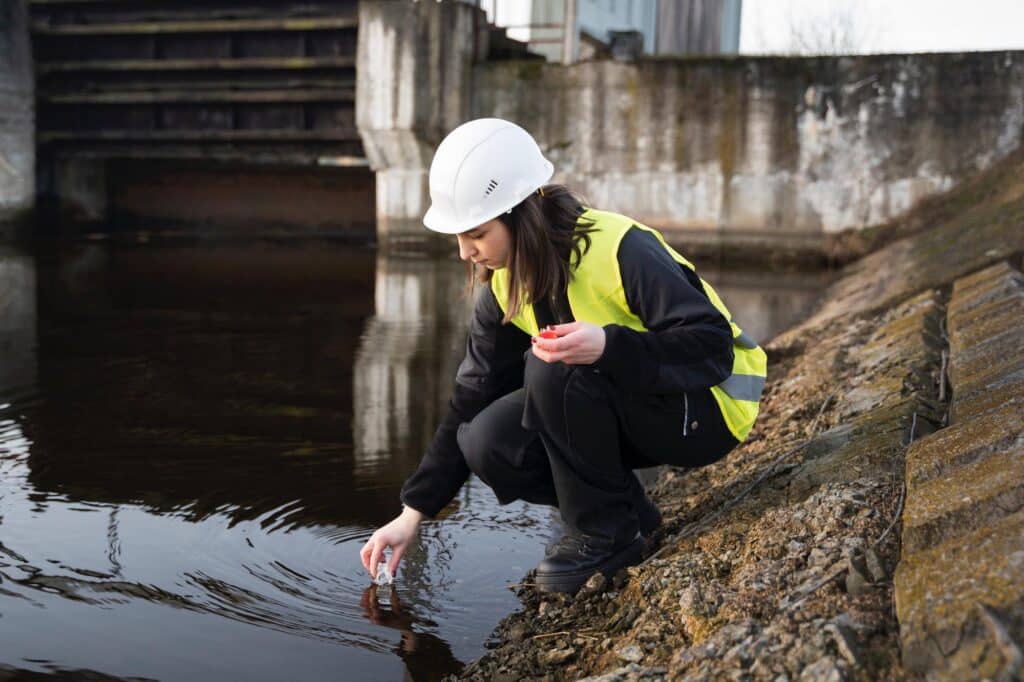
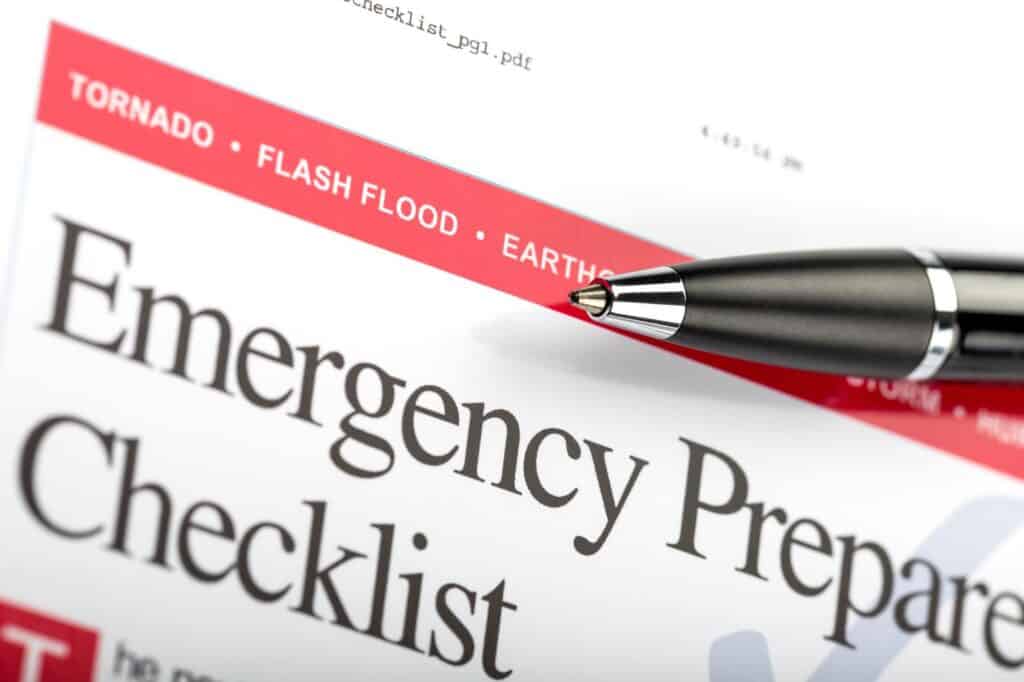
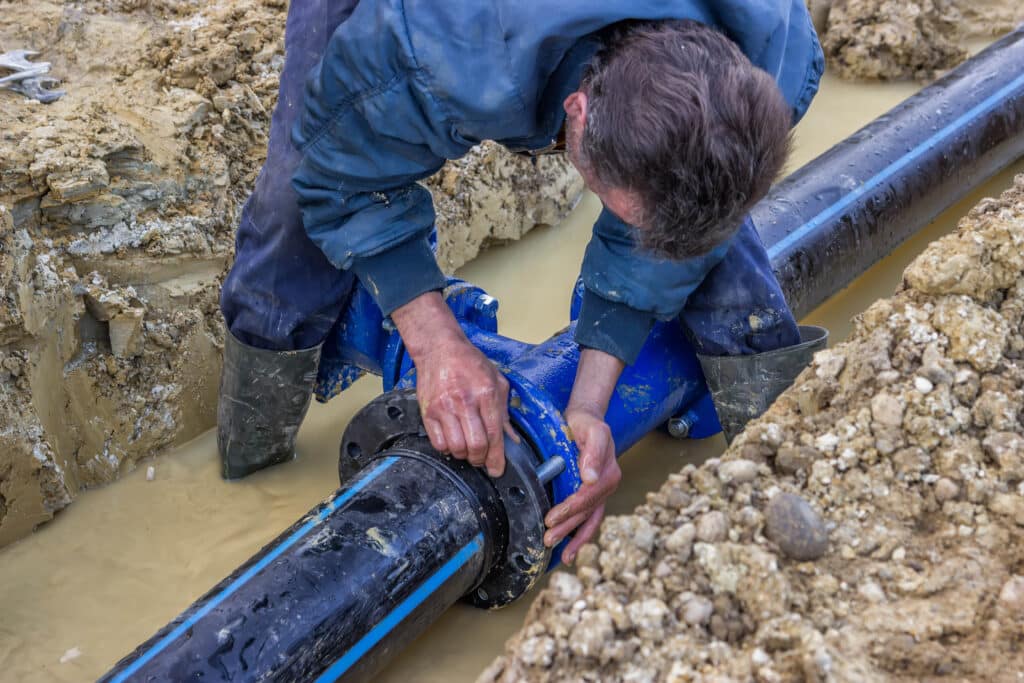

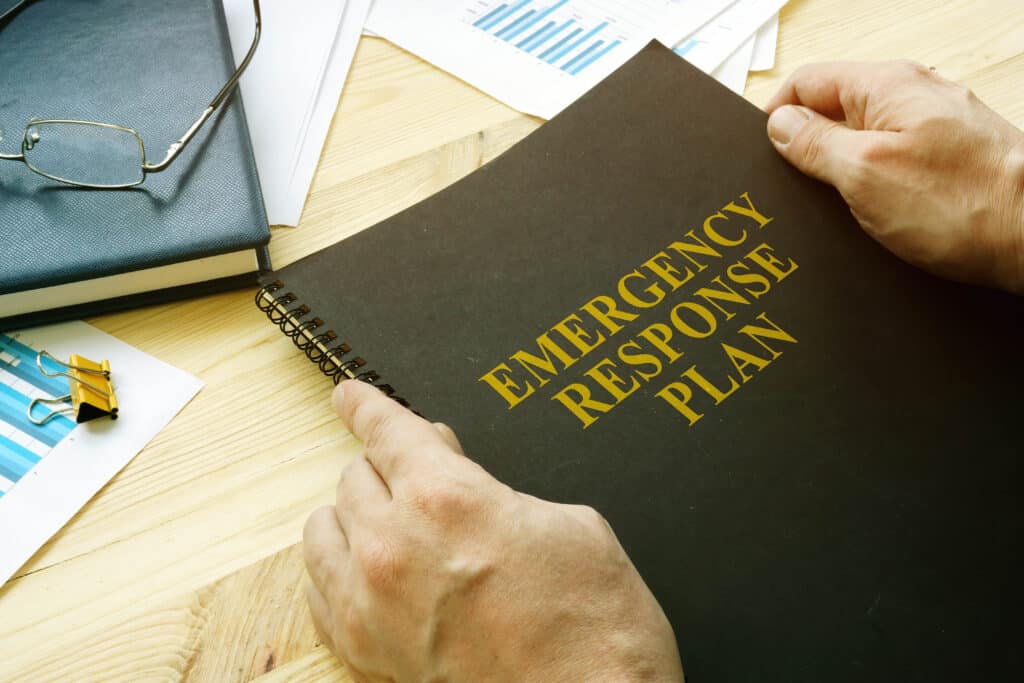

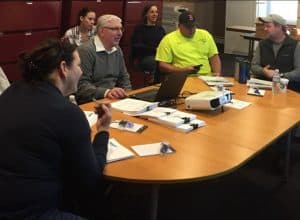
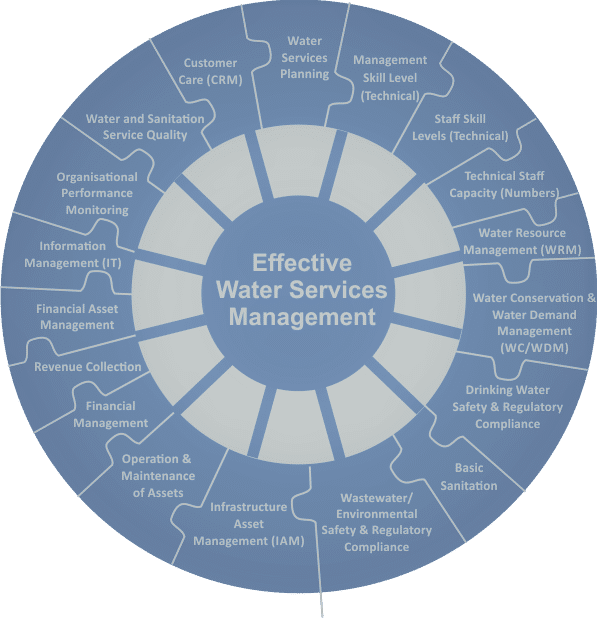 Emergency Response Plans (ERPs) are mandatory for all public water suppliers, and a minimum of 10 hours of Emergency Response Training is required. ERP training is a process that helps water system managers and staff explore vulnerabilities, make improvements, and establish procedures to follow during an emergency. Preparing and practicing an ERP can save lives, prevent illness, enhance system security, minimize property damage, and lessen liability.
Emergency Response Plans (ERPs) are mandatory for all public water suppliers, and a minimum of 10 hours of Emergency Response Training is required. ERP training is a process that helps water system managers and staff explore vulnerabilities, make improvements, and establish procedures to follow during an emergency. Preparing and practicing an ERP can save lives, prevent illness, enhance system security, minimize property damage, and lessen liability.